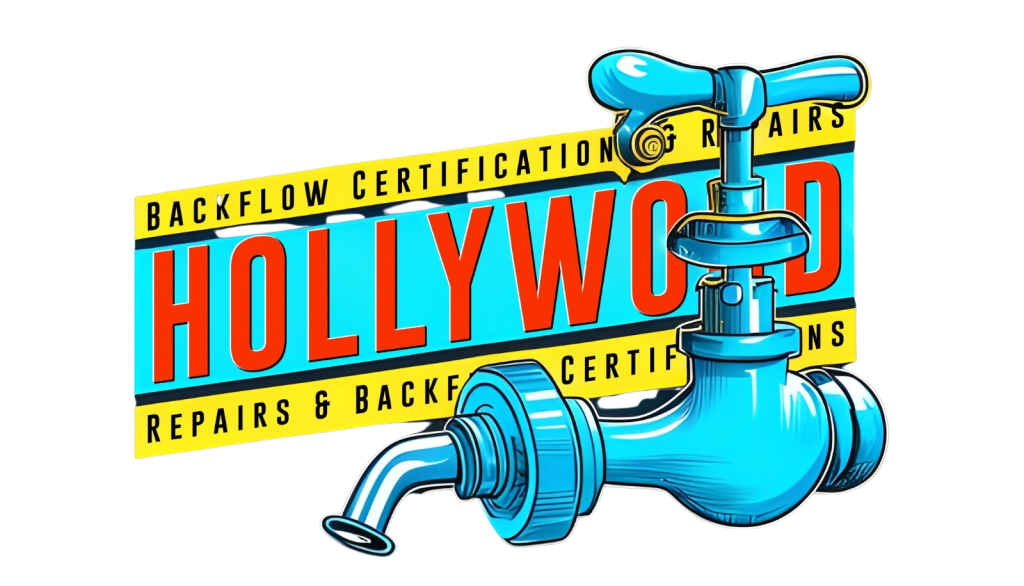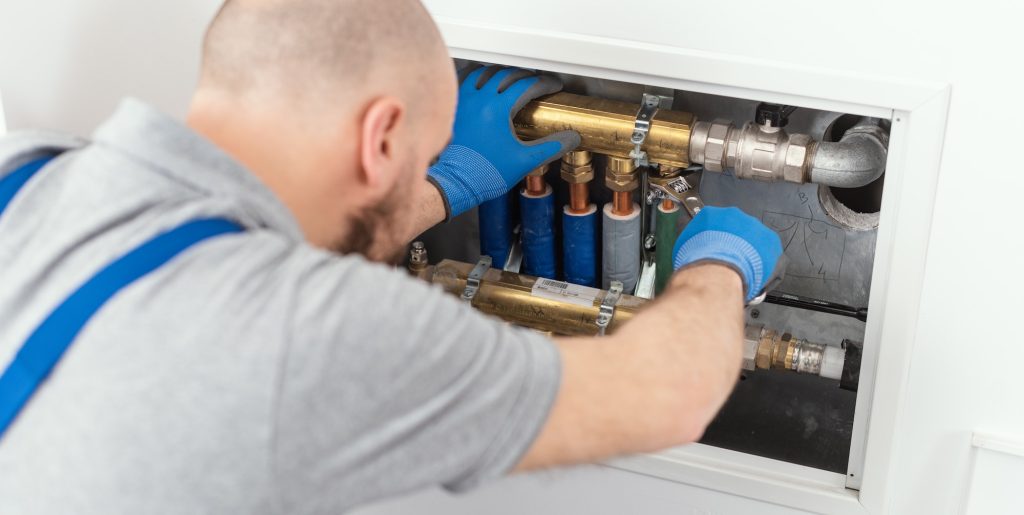Backflow occurs when contaminated water flows back into a clean water supply due to a change in pressure. This can happen when a backflow prevention device fails, or when there is a sudden drop in water pressure. Backflow can pose a serious health risk, as it can introduce harmful substances such as pesticides, chemicals, and bacteria into the clean water supply. To prevent backflow from occurring, it is essential to regularly test and maintain your backflow prevention device. In this article, we will discuss the benefits of regular backflow testing and maintenance.
The Benefits of Regular Backflow Testing and Maintenance
- Prevent Contaminated Water from Entering Your Clean Water Supply
The primary benefit of regular backflow testing and maintenance is that it prevents contaminated water from flowing back into your clean water supply. This is essential to ensure that the water you use for drinking, cooking, and cleaning is safe and free from harmful substances. Regular backflow testing and maintenance can help identify and fix any issues with your backflow prevention device before they become a serious problem.
- Protect Your Health and Safety
Contaminated water can pose a serious health risk, especially for vulnerable populations such as infants, pregnant women, and the elderly. Regular backflow testing and maintenance can help protect your health and safety by preventing harmful substances from entering your water supply. This is particularly important for businesses that serve food or provide medical care, where contaminated water can pose a significant risk to customers and patients.
- Comply with Local Regulations and Requirements
Many local regulations and requirements mandate that businesses and homeowners regularly test and maintain their backflow prevention devices. Failure to comply with these regulations can result in fines and legal penalties. Regular backflow testing and maintenance can help ensure that you are in compliance with these regulations and avoid costly fines and legal issues.
- Save Money in the Long Run
Regular backflow testing and maintenance can help you save money in the long run by identifying and fixing any issues with your backflow prevention device before they become a serious problem. A malfunctioning backflow prevention device can lead to costly repairs, replacement, and even legal penalties. By regularly testing and maintaining your backflow prevention device, you can avoid these costs and ensure that your water system operates smoothly and efficiently.
- Increase the Longevity of Your Water System
Regular backflow testing and maintenance can help increase the longevity of your water system by identifying and fixing any issues before they become serious problems. This can help prolong the life of your backflow prevention device, as well as other components of your water system. By investing in regular maintenance, you can ensure that your water system operates efficiently and effectively for years to come.
FAQs
Q: How often should I have my backflow prevention device tested? A: The frequency of backflow testing depends on local regulations and requirements. In general, businesses and homeowners should have their backflow prevention device tested at least once a year.
Q: What happens during a backflow test? A: During a backflow test, a trained technician will test your backflow prevention device to ensure that it is working correctly. The technician will also check for any signs of wear or damage that could compromise the device’s effectiveness.
Q: How much does backflow testing and maintenance cost? A: The cost of backflow testing and maintenance varies depending on the size of your water system and the complexity of your backflow prevention device. In general, backflow testing and maintenance are relatively inexpensive compared to the costs of repairing or replacing a
backflow prevention device that has failed.
Q: Can I perform backflow testing and maintenance myself? A: Backflow testing and maintenance should only be performed by trained professionals. Attempting to perform these tasks yourself could result in damage to your water system or personal injury.
Q: What should I do if my backflow prevention device fails? A: If your backflow prevention device fails, you should immediately contact a trained professional to repair or replace the device. Failure to do so could result in contaminated water entering your clean water supply, which can pose a serious health risk.
Conclusion
In conclusion, regular backflow testing and maintenance is essential to prevent contaminated water from entering your clean water supply. By investing in this essential practice, you can protect your health and safety, comply with local regulations, save money in the long run, and increase the longevity of your water system. If you have not had your backflow prevention device tested recently, contact a trained professional today to schedule a maintenance appointment. Remember, prevention is the key to ensuring a safe and clean water supply for you and your family.

